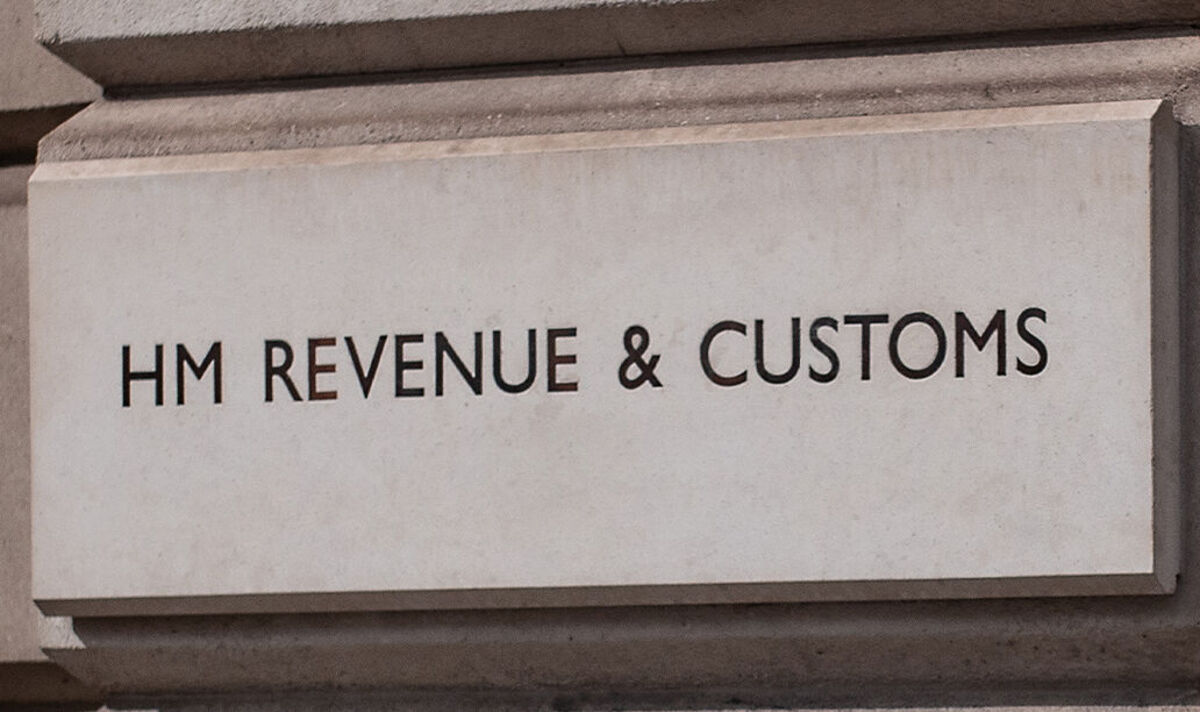
The latest figures from HM Revenue and Customs (HMRC) show that inheritance tax receipts increased to £5.2 billion in the eight months from April 2023 to November 2023.
This is a £400 million increase from the same period in the previous year and continues the upward trend over the last decade.
Government statistics published today mark the final update on IHT for 2023, which has been a bumper year for the controversial tax.
Experts have suggested that this tax will likely split votes in the next general election as it is such an emotive tax.
Currently, one in every 25 or four percent of estates pay inheritance tax, however, this is set to grow in the coming years.
The Institute for Fiscal Studies (IFS) estimates that the proportion of deaths resulting in inheritance tax is set to grow to over seven percent by 2032–33. The number of people affected by inheritance tax will be still larger.
By 2032–33, they predict that one in eight people will have inheritance tax due either on their death or their spouse or civil partner’s death.
Shaun Moore, tax and financial planning expert at Quilter, also said IHT receipts are expected to beat the previous £7.1bn record before the end of the tax year.
He said: “It had been widely rumoured that the government was looking to make changes to its IHT rules, but at least for now more families will be topping up government coffers as they are caught by the IHT net.
“IHT is a highly emotive tax that can split voters, so we can expect it to continue being a battleground policy for both the Conservatives and Labour as we near the general election.
“Though Jeremy Hunt opted not to make changes during his latest statement, we are expecting a budget to take place in March during which it could resurface if the Tories view it as a vote winner. Either way, some form of simplification of the tax is overdue.”
Wealth Club calculations suggest the average bill could increase to £233,000 this 2023/24 tax year, with over 30,000 families having to hand over part of their inheritance to the taxman.
This is a steep nine percent increase from the £214,000 average paid just three years ago and a 12 percent rise in the number of estates paying the tax.
Nicholas Hyett, Investment Manager at Wealth Club added: “The good news is that there are still lots of legitimate ways to pass on money free of inheritance tax, which is why inheritance tax is referred to as a ‘voluntary tax’ in some circles.”
Early planning can help reduce the liability to this tax by making use of exemptions and gifts to trusts.
By working with a professional adviser, Britons might be able to negate some or all of this tax depending on their circumstances, as no one wants the Treasury to be a major beneficiary of their hard-earned estate.
Christmas gifting
Those planning to gift a loved one some money or an asset like stocks or shares this Christmas should be mindful that it can have IHT or capital gains tax implications.
However, this will depend on who they’re giving the money to, how much they’re giving, and how much they’ve already given away this year.
For example, there’s no limit on what people can gift, tax-free, to their spouse or civil partner, and everyone has an annual exemption of £3,000 that they can give away each year, free of IHT.
People can also give up to £250 away to as many people as they’d like each year, without it counting towards their £3,000 allowance, and make unlimited tax-free gifts if the money is being given regularly from their salary or their pension income – provided it doesn’t affect their own living standards.
There are also special exemptions if someone is giving money to someone for their wedding.
Mr Hyett explained that those concerned about inheritance tax can also consider:
- Investing in companies that qualify for Business Relief. These are typically inheritance tax-free after two years. Investing in unquoted businesses can be risky, however, unlike giving the money away, investors retain control.
- Investing in an AIM ISA. ISAs are not inheritance tax-free. When people pass away, their loved ones could miss out on 40 percent of their hard-earned cash. AIM ISAs are a popular way around this. They are riskier but after two years they could be IHT free.






